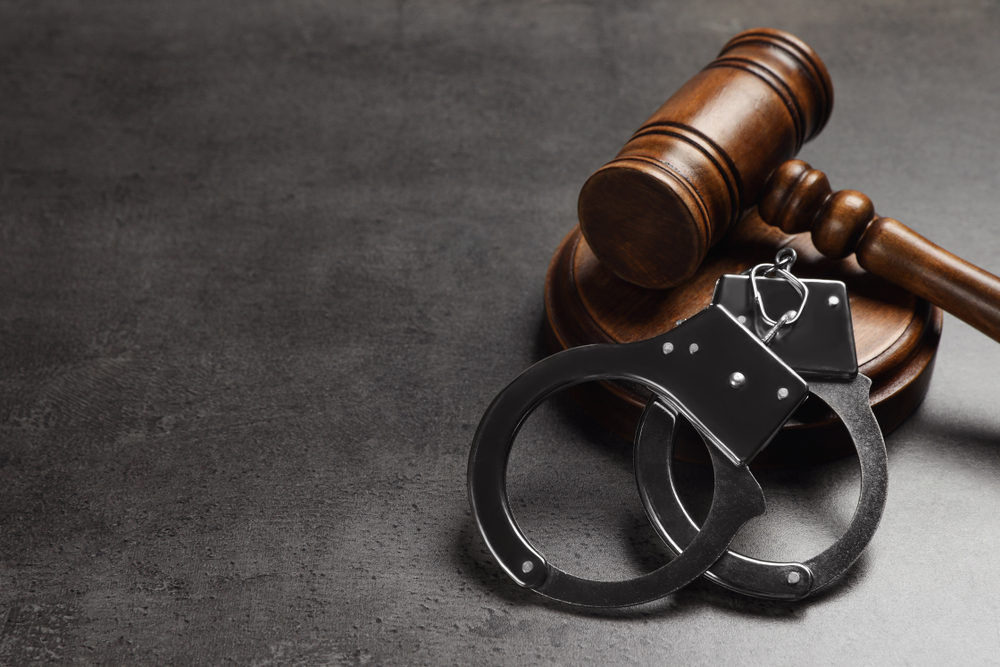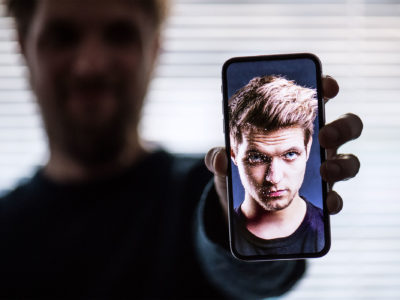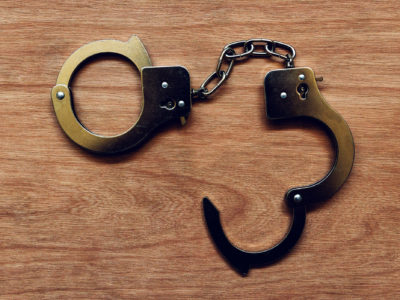
Probation for Gun Charge: Can I Get It & What to Expect
Facing a gun charge is a serious matter with potentially life-altering consequences. The uncertainty of the legal process and potential penalties can be overwhelming. One common question people have is, “Can I get probation for a gun charge?” The answer, like many things in law, is: it depends. Whether you’re facing charges in Philadelphia, Texas, California, Georgia, or NYC, understanding gun laws and the possibility of probation is crucial. Our criminal lawyers in Philadelphia can help you with your defense and provide you the best recommendation along the way. You will need a strong criminal defense attorney in Philadelphia when dealing with gun charges, give us a call today.
Factors Influencing Probation for Gun Charges
The possibility of receiving probation for a gun charge isn’t a simple yes or no question. Instead, numerous factors contribute to a judge’s decision. This makes having experienced legal representation essential for achieving the best possible outcome. Here’s a breakdown of key factors that often come into play:
Severity of the Offense
The nature of the gun charge significantly influences the potential for probation. Less severe offenses, like carrying a concealed weapon without a permit, may result in probation, especially for first-time offenders. However, offenses involving using a firearm in a crime will likely lead to harsher sentences.
Criminal History
A clean criminal record goes a long way in the eyes of the court. Judges are more likely to consider probation for gun charges when dealing with someone with no prior convictions. Conversely, someone with a history of violent offenses or repeat gun charges will face an uphill battle for a probationary sentence.
Plea Agreements
Negotiating a plea deal with the prosecution can be instrumental in securing probation for a gun charge. This often involves pleading guilty to a lesser offense in exchange for a lighter sentence. The success of a plea bargain heavily relies on the skill and experience of your defense attorney and the specific circumstances of your case.
Defendant’s Cooperation
Demonstrating genuine remorse, taking responsibility for your actions, and cooperating with law enforcement can work in your favor. It shows the court you are serious about rehabilitation and less likely to re-offend. This might involve providing helpful information related to the case or expressing willingness to participate in rehabilitation programs.
Sentencing Guidelines and State Laws
Each state has sentencing guidelines and mandatory minimums that impact probation for a gun charge. These vary significantly depending on the location. For example, in Pennsylvania, certain gun offenses carry mandatory minimum sentences, leaving judges with limited discretion regarding probation. Your attorney must be well-versed in these guidelines and advocate effectively on your behalf within those constraints.
Navigating Probation for a Gun Charge
Probation serves as a way for individuals convicted of a crime to reintegrate into society under supervision. While it allows you to avoid or shorten a jail sentence, probation comes with conditions you must strictly adhere to. Violating any of these can have severe repercussions, often leading to incarceration.
Understanding the Conditions of Your Probation for a Gun Charge
Probation conditions often include:
- Regular meetings with a probation officer.
- Maintaining employment or education.
- Drug and alcohol testing.
- Substance abuse treatment, if deemed necessary.
- Restrictions on firearms possession and association with certain individuals.
Potential Challenges During Probation
Navigating probation can be difficult, requiring significant life adjustments. Adhering to the imposed restrictions, finding and maintaining stable employment, addressing potential substance abuse issues, and consistently attending meetings with a probation officer all demand dedication and discipline. It is essential to have a strong support system during this process and actively utilize available resources.
Seeking Experienced Legal Counsel
The complex nature of gun laws and nuances of probation means navigating these challenges alone is ill-advised. Seeking help from a skilled criminal defense attorney who specializes in gun charges can significantly affect the outcome of your case. A dedicated attorney provides invaluable guidance and legal advice tailored to your circumstances.
What is the typical length of probation for gun charges?
The duration varies based on state law, the nature of the gun charges, and individual circumstances. In general, probation for such offenses ranges from one to five years, though it can be longer in certain situations. Your attorney can provide insights based on your specific circumstances.
Will I have a criminal record after probation for a gun charge?
Completing probation generally results in a criminal record. The impact on employment and housing can be substantial. However, some states provide options for sealing or expunging records following successful completion, though eligibility depends on various factors and state law. Discuss these options with your attorney to see if pursuing those is viable in your case.
Obtaining and adhering to the terms of probation for a gun charge is entirely possible. This is especially true when you understand the intricacies of the law and work alongside an experienced attorney. Probation serves as a crucial step towards rebuilding your life after encountering legal trouble. Taking the situation seriously, complying with the terms, and seeking appropriate help can make a significant difference in successfully completing your probation for a gun charge and working towards a brighter future.




